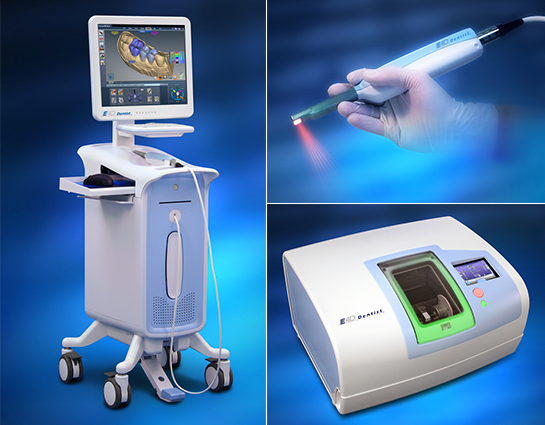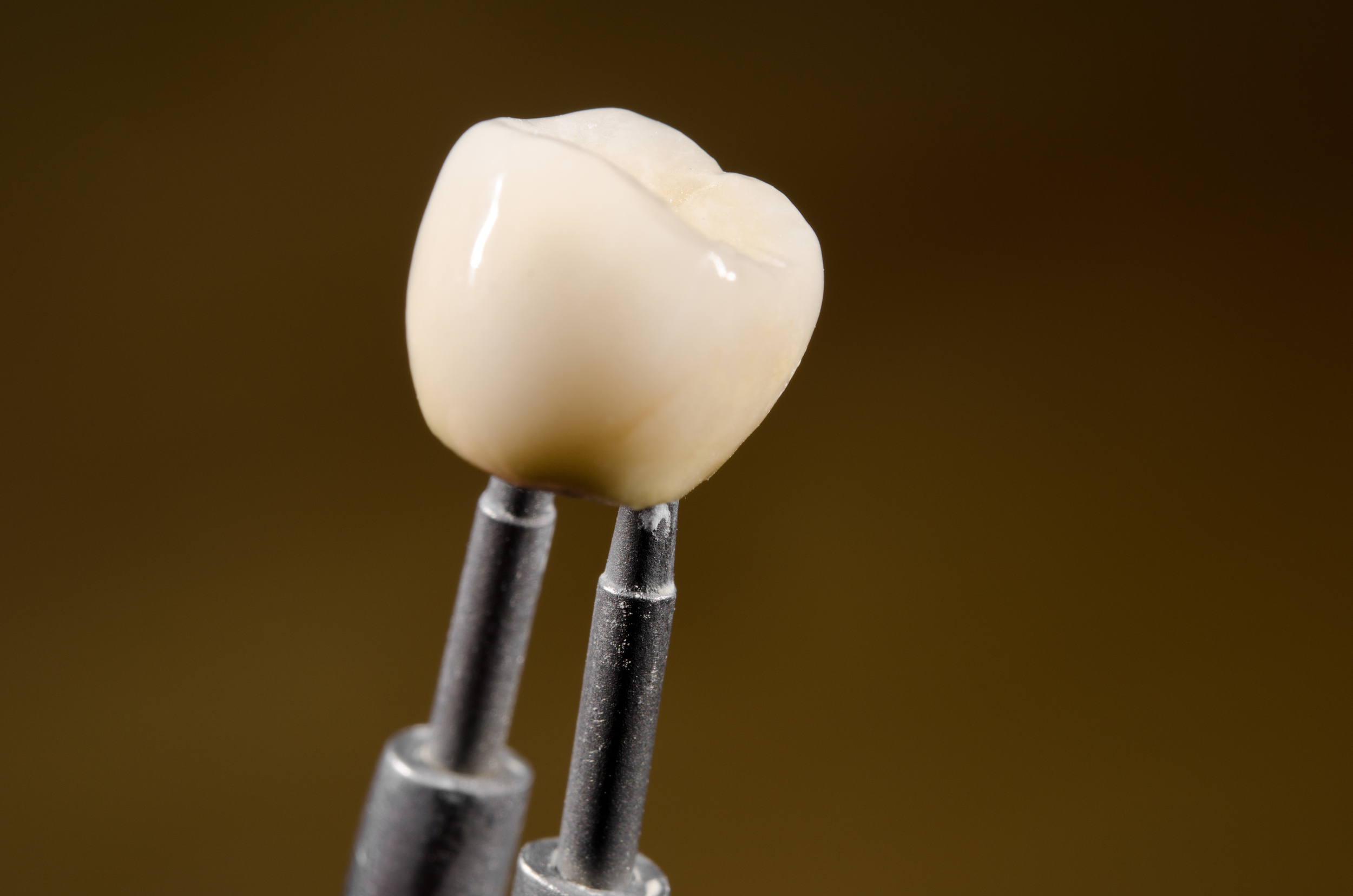SINGLE VISIT CROWNS - Bayfield Family dentistry
Advantages of CAD/CAM (Computer Aided Design/Computer Aided Manufacturing) One Visit Crowns
CAD/CAM is a remarkable technology that has come of age in dentistry. Although most people don’t know about it, CAD/CAM has been around for more than 25 years, and its users continue to grow in number. CAD/CAM gets more popular because:
One visit crowns are much more convenient
There is no need for a potentially poor-fitting and -wearing temporary crown
The all-ceramic restoration is highly aesthetic
CAD/CAM restorations can be custom stained and glazed in office
CAD/CAM restorations have a comparable life expectancy to other dental restorations
No second visit, no second shot, no temps, no waiting and a superior result!
What is meant by “Single-visit dentistry”? Well, first let’s do a brief review of the history of dental technology so we can compare where we came from to where we are. Teeth can be rehabilitated in a number of different ways depending on many factors including the location of the tooth, the extent of the damage or decay to the tooth, the bite of the person and esthetic concerns. In most cases, small problems can be repaired with “fillings” or resin-bonded composites as they’re technically known. These have always been procedures that were started and finished in the same appointment because the materials are easy to work with and placed directly into the tooth itself.
Now, larger problems are more complicated of course. These include back teeth with very large cavities, fractures or history of a root canal. This also includes front teeth with the same type problems or front teeth that are in need of cosmetic rehabilitation. In these cases, filling materials cannot be used. Instead, the dentist must use materials that are stronger, more durable and esthetic such as porcelain. For over a century, the only way to create a porcelain restoration for a tooth or teeth was to first prepare the teeth (shave them down slightly), take a “mold” or impression from which a stone model was created and then a dental laboratory technician would slowly and carefully add layers of porcelain over the stone model of the tooth or teeth until the finished restorations were made. This process took anywhere from one week to six weeks depending on the size of the case to be done and the laboratory. During this time, the patient walked around with temporary restorations made of acrylic or an acrylic blend material. Often times, these “temps” would come off, break or be uncomfortable. So, dentists developed a way to create permanent porcelain restorations the same day as the tooth preparation to completely do away with the second visit and the need for temps. There are many other biological and technical advantages to outfitting a tooth with its permanent restoration the same day as preparation but the two above are the most important from the patient’s perspective.
Porcelain Restorations in Minutes!
So over the years, technology has been innovated and updated to get to the point we’re at today. Now, we have the ability to create porcelain restorations not only in the same appointment but in an hour or so. Restoring a single tooth with its permanent porcelain restoration can now be done in a single visit in about an hour. Even larger cases with a high esthetic concern can now be started and completed in the same day; no need for molds, temps, multiple visits and of course, multiple injections. How is this possible you ask? These procedures are now possible using the same technology that has innovated so many other industries, CAD/CAM (Computer Aided Design/Computer Aided Manufacturing).
The procedure starts the same way as a conventional procedure. The teeth are made numb and prepared. Instead of taking a mold, an image of the teeth is scanned using an LED camera. A computer then creates a 3D model of the teeth and a porcelain restoration is created using specially designed software. Once it is designed, the restoration is created in a separate machine in a matter of minutes. Once the restoration is taken out of the machine, it is ready for permanent cementation on the tooth in about 30 minutes and that’s it! No second visit, no second shot, no temps, no waiting and a superior result!
You might be wondering if the computer-made restorations are as good as man-made. That is an important concern for the dentist as well who is the one that must stand by the work. These CAD/CAM restorations are some of the most intensely and comprehensively researched, studied and scrutinized innovations in medicine and all the data results in the same statistic. CAD/CAM restorations are clinically equivalent to man-made restorations .







